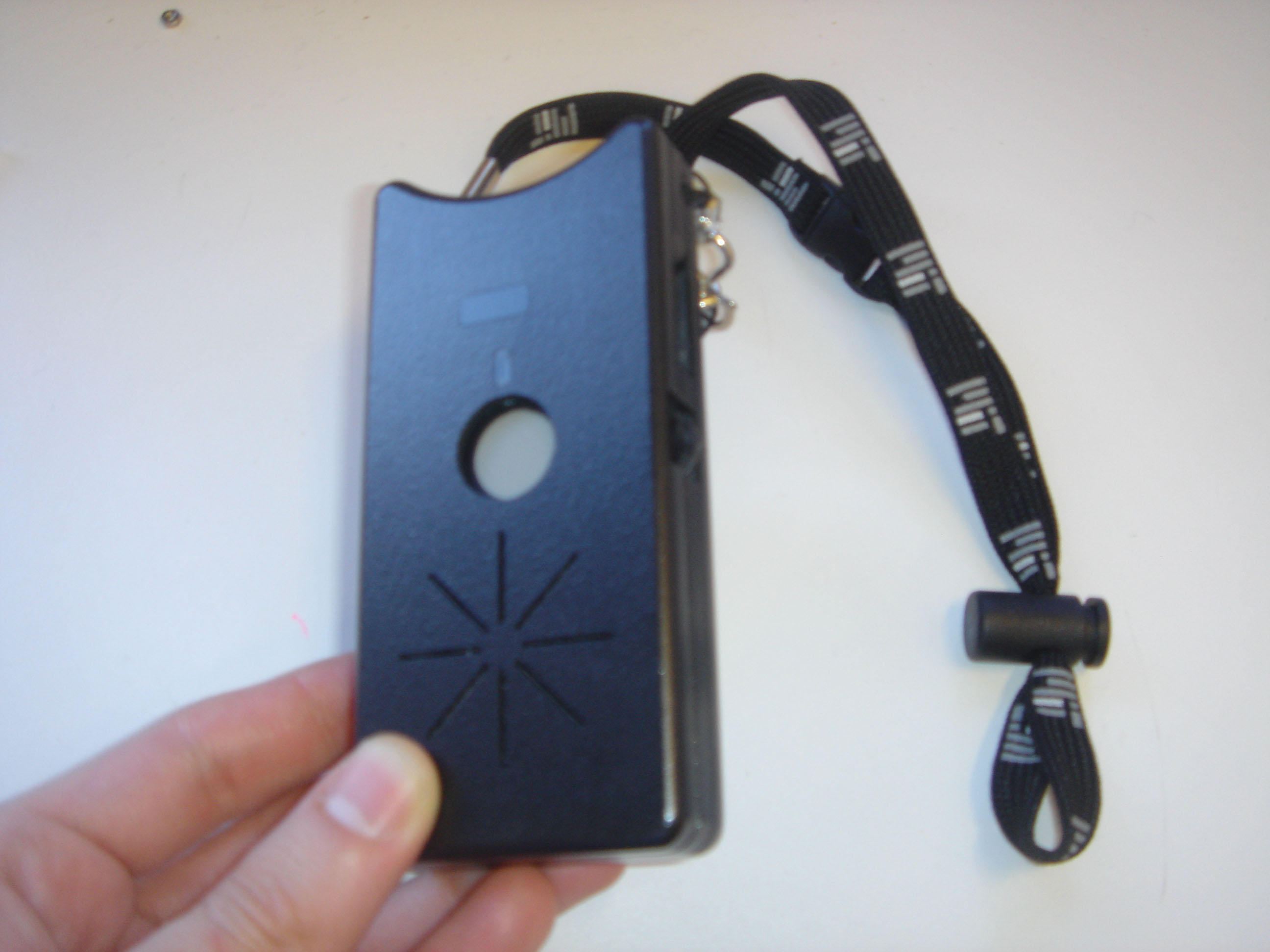Whilst (aren’t I the Anglophile?) walking the dog this morning, the “social sensing badges” that I’d slammed a while ago as crossing my personal line in terms of invasion of privacy popped into my head.
As I thought more about these monitors of your personal interactions in the workplace, I thought that one of my comments about them deserved elevation to the level of one of my “Essential Truths” about the IoT (i.e., such basic principles that they should be considered throughout the design and launch of any IoT service):
Just because you can do it doesn’t mean you should do it!
Primarily, it seems to me this adds a crucial ethical component to the IoT, which should never be far from our thoughts because of the omnipresent issues of privacy and security that pervade so many IoT services. In the case of the “social sensing badges,” Sociometric Solutions paints a strong case for how their badges can lead to a more productive workplace, but, IMHO, that fails to outweigh the omnipresent invasion of workers’ personal privacy that the badges represent, especially in today’s poisonous workplace environment (that’s my judgment: love the humane workplaces that prove me wrong!).
Medical solutions should particularly be subject to this test, because the information they gather and diffuse is so personal and potentially harmful. I am a huge fan of these solutions — many can literally save your life, while most will improve your quality of life — but I think they carry with them the need to place heavy emphasis on privacy and security protections if they are to be introduced.
And there’s a corollary to this Essential Truth that companies need to keep in mind:
Just because you can do it doesn’t mean I have to buy it!
That one comes to mind every time I read a breathless new update on the IoT’s Holy Grail. I speak, of course, of the “smart refrigerator!” I’ll grant you that each iteration does add more services, but suffice it to say that I ain’t making a down-payment on any of those on the market, and I doubt whether I ever will! Why? I don’t buy a lot of prepared refrigerated foods, and I’m making at least a half-hearted effort to eat locally and farther down the food chain. Veggies and grains from the bulk bins at my store don’t come with bar codes, so I can’t personally see paying a premium for a fridge that really isn’t going to fulfill the promise of monitoring my food intake and generating my shopping list. If you’re contemplating a new IoT solution, make sure it’s really worthwhile, vs. just a gimmick.
I’m not sure where I stand on the issue of whether a new technology is essentially good or evil (except for the A-bomb…) or whether it’s ethically neutral. However, I do think that the IoT, by virtue of its great strength of generating such high volumes of real-time data, does continually bump up against ethical questions, so it’s just smart policy to constantly think of whether you should do it just because you can.
What do you think? I’d love your thoughts on this important issue!

